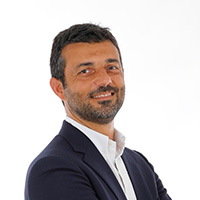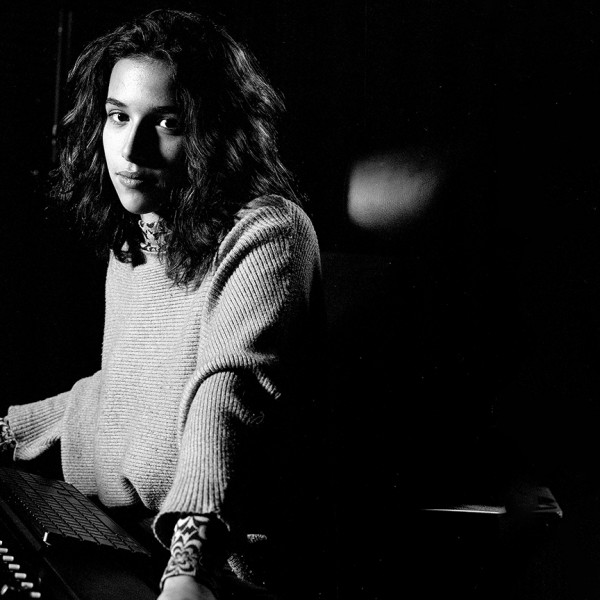Reflection on the Legacy of 25 April and 25 November: Valuing Freedom and the Daily Struggle
16.04.24 - 10h00
Rui Ribeiro
Five decades ago, Portugal experienced one of its most significant transformations with 25 April 1974, a moment that would mark the beginning of a new era of freedom and democracy, which was later consolidated on 25 November 1975. These events not only changed the political and social structure of the country, but also paved the way for a future of previously unimaginable possibilities.
However, as the generations follow one another, an intrinsic conflict emerges, fuelled by an apparent collective forgetfulness of history (and manipulation) and of the struggles that allowed the privileges that are now considered banal. This temporal disconnection leads to a diminished appreciation of the hard-won freedoms and rights of many Portuguese who sought, for several decades, to make our country simply a plural and free-spirited country. They truly valued the achievement and the hope of having a better country. Many anonymous people, others like Salgueiro Maia, who intervened directly at that time and returned to their lives, just as others did before, during and after actions like Mário Soares or Sá Carneiro. As with all revolutions, there are exaggerations, there are beginnings and there are divergences of paths, but above all, there was a clear transformation of processes in a country, and not just an incremental change, since it was clear that a large majority wanted a different and better country (even if it was in their own way).
In practical terms, the unconformity of the situation created the need to do something and to change effectively. The country of mild manners was able to change effectively and without civil wars.
Today, I look at what we've experienced and realise that we're facing a curious paradox: never has there been so much, but rarely has so little been valued. There have been countless rewards - from advances in mobility, communication and remuneration, to the promotion of human rights and the quest for equity. This progress reflects a profound transformation which, although evident, seems to be overshadowed by a sense of chronic dissatisfaction. Naturally, the ambition to want more is critical and fundamental to the growth of a person or a country, but it is important to value what we have and have achieved.
The quality of life, compared to 50 years ago, is undeniably better. The possibility of freely expressing one's opinion, for example, is an achievement that, despite being an inalienable right today, was the result of past struggles and sacrifices. However, the current upsurge in extreme opinions, whether on the left or right of the political spectrum, is a worrying testimony to the collective forgetting of history. This polarisation shows a society that, although freer, seems to have lost the ability to value and understand the deep meaning of freedom.
The challenge, therefore, is not just to remember or celebrate the past, but to incorporate this historical memory into our lives, particularly for the younger generations who are already born with "fait accompli", so that it enriches our individual and collective present and guides our future. We need a more demanding society, yes, but one that is also more agile. The current screaming of extremes and the attempt to polarise opinions into "the bad and the good" or the waves of fashionable opinions, because it looks bad to have a different opinion from the group, are synonymous with forgetting history and the value of what we have today.
Celebrating the 50th anniversary of April and November are opportunities to cultivate, share and effectively demonstrate a sense of gratitude for the achievements of previous generations in our country, recognising that today's rights and freedoms are the result of many battles. It is with this history that, at the same time, we must endeavour to not only preserve but expand these freedoms (even though we know that understandings of freedom are different), ensuring that the generations of my four children and beyond inherit a world where we know how to respect what it means to discuss opinions and not to attack or shout down opinions.
Ultimately, the value of freedom and democracy lies not only in what has been achieved, but also in our ability to appreciate, protect and build on those achievements. The memory of 25 April and 25 November should serve not as a distant echo of the past, but as a constant reminder of the importance of valuing and fighting for freedom every day. May the coming decades be marked not by forgetfulness, but by a renewed recognition and deep appreciation of the value of freedom and democracy.
Rui Ribeiro - University Professor
Executive Director LISS - Universidade Lusófona Information Systems School
Source: Observador











